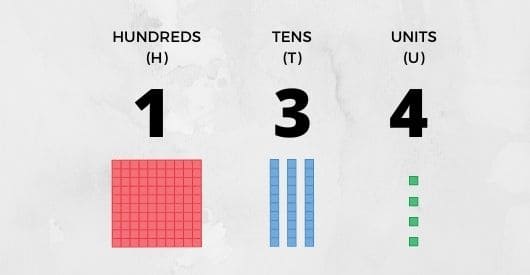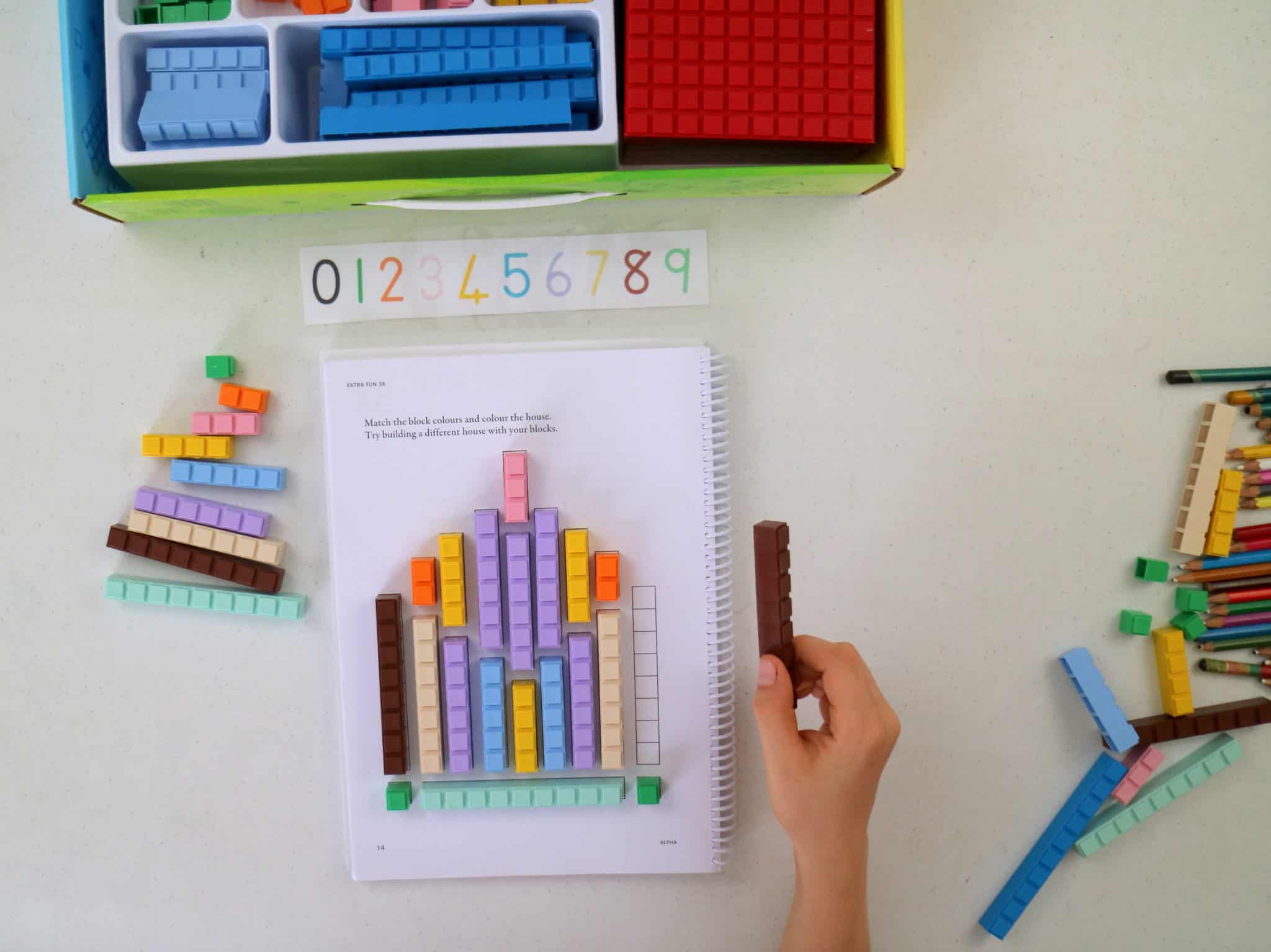
Does being behind in maths really matter?
One of the most common concerns I hear from parents (and teachers) is that their students are behind in maths. With lockdowns and increased homeschooling across Australia, many parents have been faced with having to become their child's teacher and correct educational mistakes of the past.
Many parents are surprised that their kids aren't understanding what they are being taught in maths class. If your child is in Year Six and still using their fingers to count, or in Year Three not knowing how to tell time or do basic addition, it's a big issue.
As a parent, this can be extremely disconcerting, given the time and energy that you have put into educating your child (or the time they have spent learning at school). If you don't know how to fix those obvious gaps in their knowledge, you'll probably be feeling a little (or a lot!) frustrated!
I often address these concerns by asking a parent a few simple questions:
"What is determines a specific age or grade level that a student must be when telling time? Learning adding? Or being introduced to fractions? And how could they possibly understand any of these complex subjects if we don't first start with the basics and lay a strong tactile foundation for numbers? "
There is often a pause, then an awareness, and the look of consternation from wrongly surmising their child is behind, is replaced with an understanding that "Until now, my child has only learnt this much. It's not my fault, or their fault. What can I do now to support my kids to understand maths better than they have before?"
I remind parents that their kids are never "behind in maths". They just are where they are, with the tools they have had, and in order to move forward, there are key areas of understanding that must be addressed first. This reality check is often a parent's greatest gift, and the beginning point for teaching maths in a more effective way.
Will it make a difference in twenty years whether your student is studying fractions when they are 10 or when they are 12? Or will the greatest gift be to identify their current understanding, and have an accurate starting point for change? To be able to identify what they do (and do not) know, and be able to fill in the gaps is the best place to start.
When do I know my child is ready to move forward?
The primary indicator when moving from one concept to another is your child's understanding and mastery of the concepts that they have been taught. It has nothing to do with their age, grade level or learning ability, or where you hope they might be up to.
It's a common mistake that teachers and parents alike make. If you are solely focused on "ticking the box" and making sure the curriculum requirements are met, you may be overlooking some important pieces of your child's education. Moving through something quickly does not mean that mastery is achieved. Especially with maths! Being such a sequential subject, your child must understand each concept fully before moving forward.
You don't want the tears, pain and frustration of having to go back to the beginning and learn everything all over again if your child is still finger counting or doesn't understand Place Value properly.

Maths is sequential, and must be taught that way
Maths, especially, is sequential and you need a strong foundation that is built by mastering concepts in a particular order. The process cannot be rushed or the gaps in understanding create confusion and bring frustration.
These gaps in your students’ mathematical foundations can force them down a path of merely learning formulas to pass a test or (just as what I did in high school) teach them to work out which formula to use by how the question was asked - but not truly understand the question or the solution.
As a result, it will inevitably lead to difficulties in upper levels of maths, and undermine their overall maths confidence.
To ensure we can address maths sequentially, our Australian Math-U-See Program is not titled according to grade levels. Every student progresses through a Placement Test where the parent watches the way they get answers, and looks for true fluency vs automaticity.
"Do they 'have' this?" is the question. "Have they mastered this maths operation to the point that they can apply this easily in everyday life?" "Do they know which operation to use, without being prompted?" In assessing your child's true understanding of maths, we can easily identify their current level of mastery...and hence, know where to start developing this knowledge base further.
Rather than just pushing them through maths concepts based on age or expected grade level, we accurately identify where they are 'at', meet them, and progress from there. We build a strong foundation for each individual student and support them in their educational journey.

It's important to check your child's current maths understanding
before jumping to conclusions and either thinking your child is ahead or behind with their maths, it's important to check their current maths understanding.
A good way to check this is by regularly taking short tests at the end of each maths lesson and reviewing concepts that they have been taught (we incorporate this into each level of the Math-U-See program).
Word problems are also a great way to check your child's maths understanding. If you ask them a question like "If Julie had four eggs and needed four more to make a big cake for her family, how many eggs does she need to buy?" In this instance, your child should know that they need to add the number of eggs together to find the total amount.
However, if they haven't understood the question properly, they may try and subtract, divide or multiply. Keep an eye on their workings and ask them how they found the final answer. This will give you clues into what they are doing and what they do (or don't) know.
Here's an easy free diagnostic test that will help you know where your child's maths understanding is at. This online test takes your child through a series of maths questions, ranging from basic to advanced maths and covering subjects like addition, subtraction, fractions and algebra.
This diagnostic test covers a range of questions is suited to your child's level of ability and as they get each answer correct, they progress through the test. It's an easy way to know what they know, what they don't know and where to begin to fill in the gaps for their ongoing education.
Looking for extra support to teach maths?
Most parents struggle with teaching their kids maths. It's an engrained belief that maths is hard to teach, and even harder for students to understand. But that doesn't have to be the case - in fact, maths can be easy when taught using our simple, multisensory methods.
When numbers become tactile and can be seen, felt and experienced by the child, they are able to understand maths in a much more integrated way. By using key strategies to teach foundations first and progress sequentially, concepts that kids notoriously struggle with until much later into high school, such as Place Value, become simple to teach.
Because of the many requests, we have put together a series of teacher-specific trainings to support educators to become confident about teaching maths. Perfect for primary and high school teachers, tutors and intervention specialists when teaching multiplication and other maths concepts. Interested and engaged parents are more than welcome to attend, and to further their own education in numeracy.
We've also released a new Online Parent Training Course to support parents to become the best maths teacher that their child could ever have, confidently teaching maths to their own kids. This one is already in high demand!
What are the most challenging moments in your home or learning area when teaching your children? And what are the most rewarding moments you have? Let us know in the comments below
Good luck teaching happy kids!
Esther White


